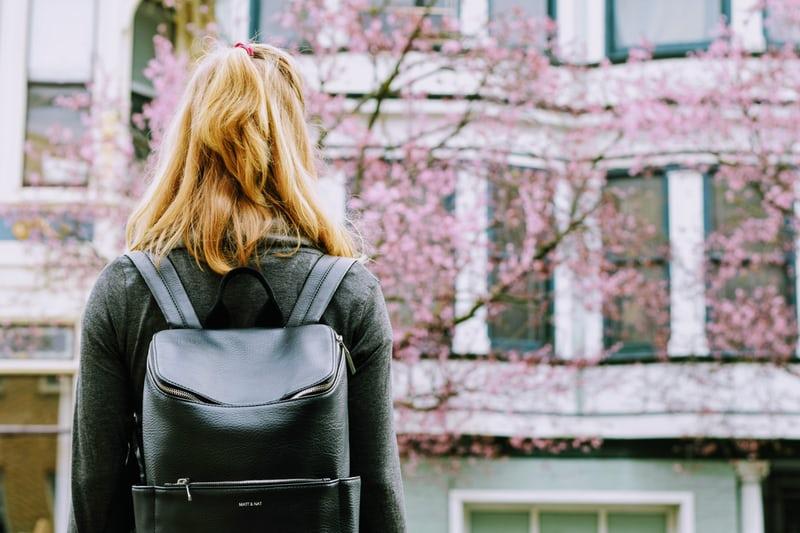College life looks a bit different this year than at any other time in history. The shift to online learning combined with a hybrid experience for many students has made it difficult for everyone, but particularly for those with disabilities. Accommodations for students with disabilities in college need thoughtful attention when decisions are made by administration and professors alike.
Disabilities for students range from physical challenges to learning disabilities. Estimates are that 200,000 students entering college have some sort of learning disability. Included in this category are dyslexia, visual and auditory processing deficits, and attention deficit/hyperactivity disorder (ADHD or ADD).
In the best of circumstances, only 17% of students take advantage of the services provided by colleges to help students with these disabilities. Now that learning is not fully in-person for many, accommodations for students with learning disabilities require additional services and flexibility to assist remote learning. The new, virtual college environment may highlight or exacerbate challenges for those who face them.
Here are some strategies that might help students facing physical and learning disabilities.
Provide extra time
Included in the list of reasonable accommodations for students with learning disabilities in college is the allowance for extra time to complete work. In cooperation with their professors, students should be given reasonable time to complete assignments and tests to allow them to succeed.
Change the format
If written exams are challenging to a student with a learning disability, consider an alternate format. An oral exam may be an alternative that works well. With the assistance of virtual technology, this can happen remotely as easily as it can in person.
Use assistive technology
Talking word processors or recording devices can be a way to accommodate those with dyslexia or attention deficit disorders. These devices provide accommodations to students with disabilities in college in a way that works to improve their learning alongside their peers. Sign language and Braille keyboards are additional resources to promote communication.
Change the classroom
For those who are attending classes in person, consider the arrangement of desks and the space itself. While social distancing is the norm, make sure each person has adequate sightlines and ability to interact visually and verbally with the professor and students with as few distractions as possible.
Provide barrier free environments
Wheelchair accessibility, elevators, and other physical spaces are a required accommodation for students with disabilities in college. Spacing in cafeterias, access to dorms, classrooms, and other on-campus buildings require accessibility for all. Consider any campus changes that need adjusting to accommodate social distancing and other local guidelines during the pandemic.
Students who have a disability are responsible for making their disability known and requesting reasonable accommodations at their given university. Once notified, colleges can provide the necessary adjustments to meet the needs of these students and have dedicated services to assist them well.
For more information, guidelines for accommodations for college students with disabilities are provided by the Americans with Disabilities Act and Section 504 of the Rehabilitation Act.
